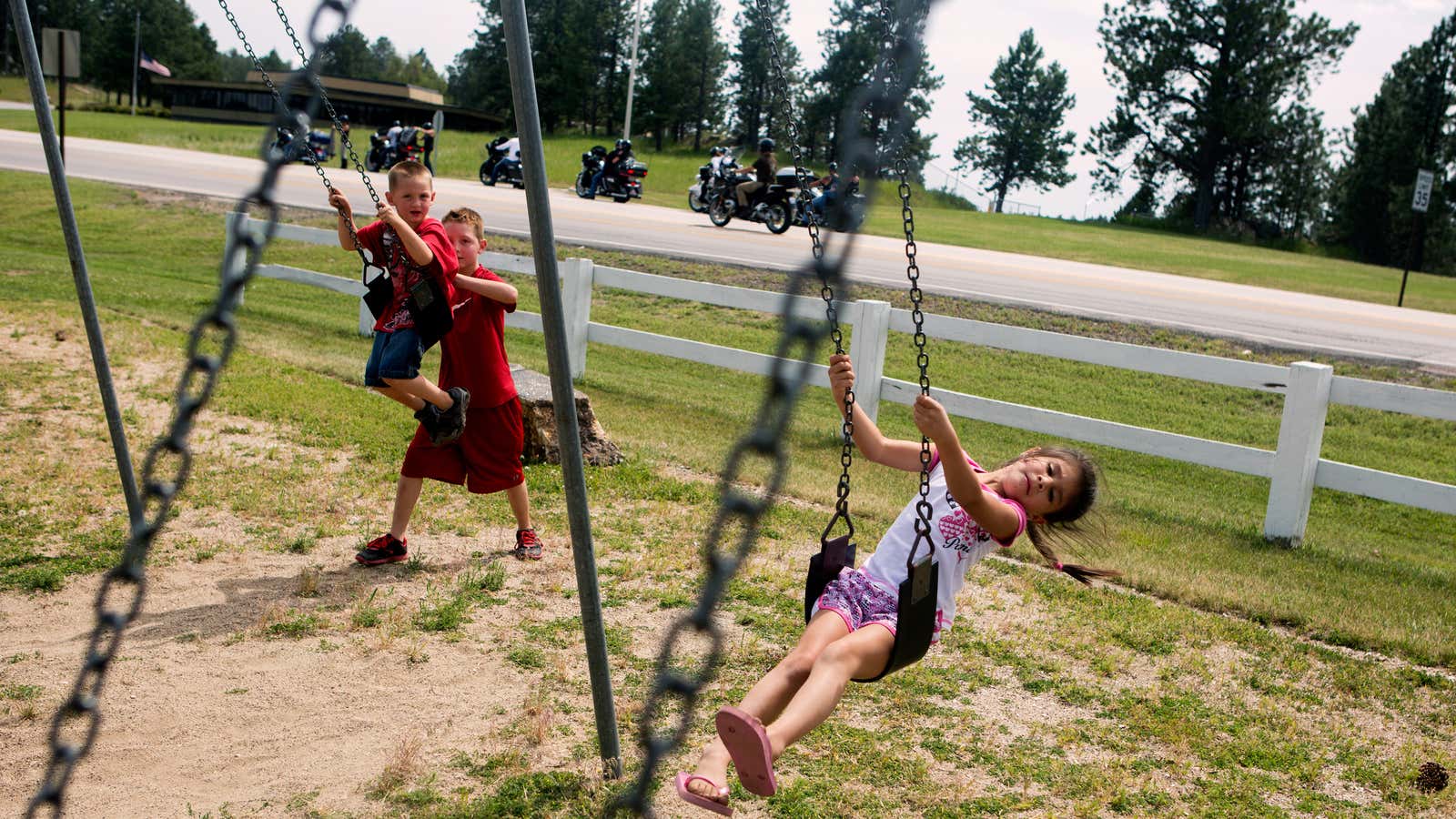The Trump administration’s school-choice plan—the controversial idea of having government money follow students to private schools as well as public ones—just scored a big win.
This week, the US Supreme Court made rulings on two cases in Missouri and Colorado that, while concerning small issues within specific school districts, likely have massive ramifications on the country’s entire public and private education systems alike. The court decided:
- A church-run preschool in Missouri cannot be excluded from participating in a state-funded program to resurface playgrounds because of its religious affiliation.
- In Colorado, the Douglas County School Choice Program, which gives public funds—or “vouchers”—to help families in the region afford tuition at private schools, is not unconstitutional. (The court did not make an explicit ruling on this case, but sent it back down to a lower court for reconsideration.)
Currently in the US, families can either send their children to free public schools or pay out-of-pocket for private education; an official federal school-choice system would allow families to choose the private school option without taking on the entire financial burden. The court’s rulings, especially taken together, bode well for the future of school choice—which some parents see as the embodiment of educational freedom and others worry is a trap that will ensnare disadvantaged students.
US education secretary Betsy DeVos, who pushed a school-choice experiment in her home state of Michigan, is in favor of the idea of opening up government money to non-public schools—as is president Donald Trump, who pushed the line “power in the hands of parents and families” in his preliminary education budget in March.
But opponents of the idea argue that school choice is detrimental for the country at large, as it could create a brain drain within the US’s already-failing public school system, doesn’t offer any new benefits to students (school-choice experiments like DeVos’ have shown no improvements to academic performance), and may violate the separation of church and state.
The Supreme Court’s Colorado and Missouri rulings may have been focused on two relatively small instances—but the consequences are certainly not limited, as chief justice John Roberts wrote at one point in the Missouri decision on playgrounds, to “a few extra scraped knees.”
